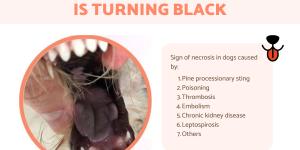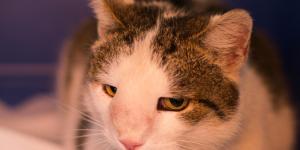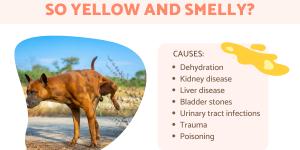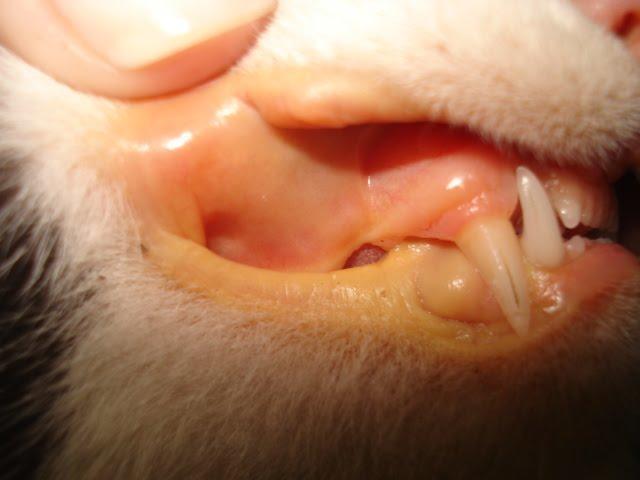Why Is My Cat's Skin Turning Yellow?



See files for Cats
Have you noticed your cat's skin turning yellow? This may be a clear sign that your cat has jaundice, also known as icterus. This discoloration of a cat's gums and tissues will be easier to detect in lighter skinned cats. Most care givers notice their cat's ears or gums turning yellow. If this is the case for your cat, keep reading this article.
In this AnimalWised article, we're going to talk about jaundice in cats. We will go through the symptoms, causes and treatment.
Jaundice (Icterus) in cats
Jaundice in cats is the excessive accumulation of a yellow pigment in a cat's gums and tissues. This is a little more difficult to detect in cats with darker skin. In general, it's easier to detect in a cat's gums or ear area as they don't have a lot of fur near their ears and none at all in their gums.
This occurs when there is an excessive amount of substance called biliruben in the bloodstream. Biliruben is an orange-yellow pigment that comes from the breakdown of hemogoblin (protein in red blood cells). To understand why this might happen we will uncover the different causes of jaundice in cats.
Why is my cat's skin turning yellow?
The causes behind jaundice in cats can be a number of factors. Cats with a mite infestation or fleas are more prone to developing jaundice than other cats. With that being said, the most common causes are:
- Destruction of red cells
- Liver disease
- Obstruction of the bile duct
- Incompatible blood transfusion
- Infections
- Tumors

Symptoms
If your cat is suffering from jaundice, they will exhibit and experience certain symptoms. These are the most common symptoms for jaundice in cats:
- Vomiting
- Diarrhea
- Legarthy
- Fever
- Abdominal pain
- Loss of appetite
- Paleness
- Yellow discoloration of the skin
- Bleeding
- Increased thirst
- Orange color in feces and urine
If you observe your cat going through any of these symptoms, it's best to contact your veterinarian as soon as possible before it gets more serious.
Types of jaundice
When it comes to jaundice in cats, professionals have distinguished three different types:
- Pre-hepatic: the most common cause of this type of jaundice is mycoplasma haemofelis (a red blood cell parasite). These parasites will cling onto the surface of red blood cells and cause hemolytic anemia, as well as other health issues, such as jaunice in cats.
- Hepatic: caused by liver impairment, such as chaolangioepatitis, hepatic lipidosis or liver cancer.
- Post-hepatic: caused by bile duct obstruction. Common causes of this is cancer or gallstones.
When your veterinarian examines your cat, they will determine the exact cause and then be able to choose the correct medication for your cat's condition.
Diagnosis
To diagnose your cat, your veterinarian will simply perform a physical examination. Sometimes they will also need a blood sample to be analysed. From there, your veterinarian will decide what is best for your cat's specific condition as it can greatly vary.
For example, if the cause is liver impairment, your veterinarian will need to determine what disease it is. To do this, they will most likely perform a biopsy (an examination of the liver tissue) or a cytology (an examination of the liver cells). Then, they will choose the correct treatment for the liver disease your cat is experiencing.
However, as we've previously mentioned, there are many causes for jaundice in cats. Therefore, if you notice that your cat has yellow skin or yellow gums, you must take them to the veterinarian as soon as possible to be properly diagnosed.
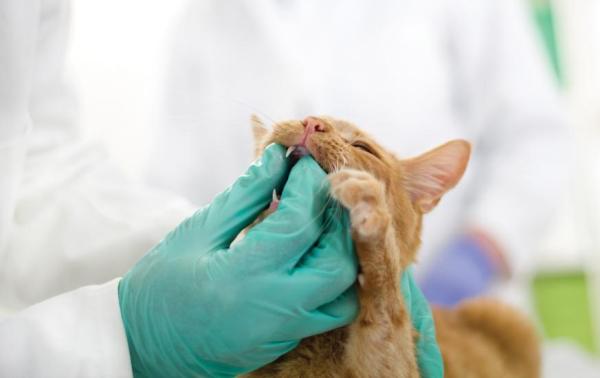
Treatment
Jaunice in cats is not a disease itself, it's a clinical sign that indicates an underlying disease. Once you bring your cat to the veterinarian to be properly diagnosed and treated, jaunice will also be resolved.
While some causes of jaunice in cats are fatal, others have a good prognosis for a full recovery. In conclusion, if your cat's skin is turning yellow, take them to the veterinarian for a check-up as this indicates that they have an underlying disease that needs to be properly treated by a professional.
This article is purely informative. AnimalWised does not have the authority to prescribe any veterinary treatment or create a diagnosis. We invite you to take your pet to the veterinarian if they are suffering from any condition or pain.
If you want to read similar articles to Why Is My Cat's Skin Turning Yellow?, we recommend you visit our Other health problems category.

